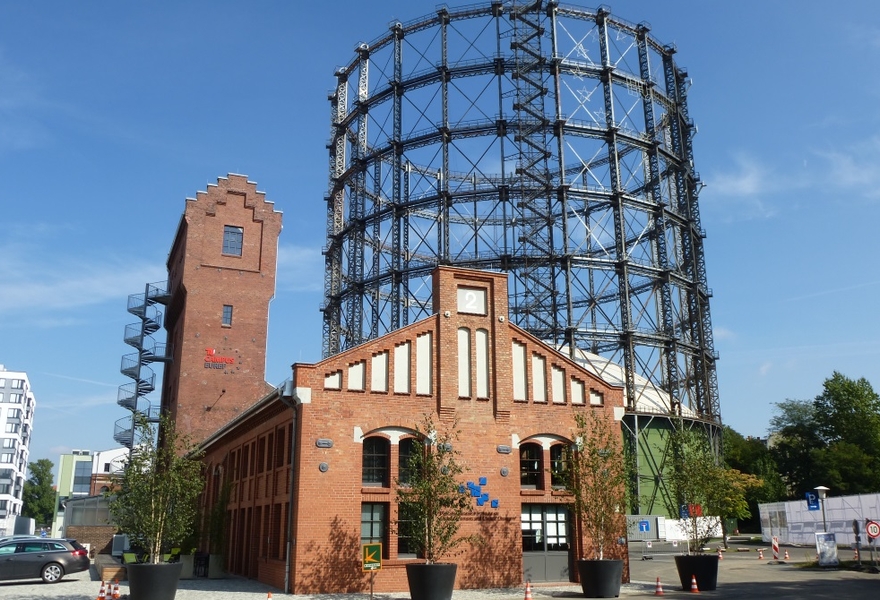The evaluation shows that the Berlin-based think tank provides excellent research for scientific policy advice.
Scientific excellence, the thematic focus on global commons and the policy advice through assessment processes have paid off: The Mercator Research Institute on Global Commons and Climate Change (MCC) will be financed up to and including 2024 with a further €12.15 million. Stiftung Mercator (foundation) decided to continue to fund the institute from 2019, with around €2 million per year. The MCC was jointly founded in 2012 by Stiftung Mercator and the Potsdam Institute for Climate Impact Research (PIK).
The decision is based on an evaluation by a committee of renowned scientists, including researchers from the German Development Institute (GDI), the US institute Resources for the Future (RFF) and the International Institute of Applied Systems Analysis (IIASA). According to the evaluation, the politically independent MCC made crucial contributions to scientific policy advice due to the “excellent quality” of its research activities. The research on CO2 prices and the reform to the European Emission Trading System (ETS) by introducing a minimum price was particularly highlighted.
In addition, the MCC contributed to assessments such as the Fifth Assessment Report of the Intergovernmental Panel on Climate Change (IPCC), which was of critical importance for the Paris Agreement. The MCC therefore laid the scientific foundations for an effective political transformation to worldwide sustainability. The scientific orientation of the institute, now with 46 employees, will be widely maintained in the next funding period, and the systematic synthesis of knowledge will be increased.
The Managing Director of Stiftung Mercator, and Head of the Science Department, Wolfgang Rohe, emphasizes the relevance of the MCC for the socio-political dialogue: “The MCC proves that effective advice to politics and society can be accompanied by excellent scientific quality. The MCC remains committed to this dual target,” says Wolfgang Rohe.
Lars Grotewold, Head of the Department of Climate Change at Stiftung Mercator, highlights the strategic topic positioning of the MCC: “Embedding climate change into the global sustainability agenda is a great strength of the institute. With this systemic perspective, its interdisciplinary way of working, and its excellent international network, the MCC is a solitaire in European sustainability research.”
In future, MCC-Director Ottmar Edenhofer, who is also Chief Economist at the Potsdam Institute for Climate Impact Research (PIK), wants to expand the existing research focus comprising the analysis and design of policy instruments. “In future, we want to carry out further research in the direction of ‘political economy’, for example investigating the distributional effects of policy instruments such as carbon pricing, or technology policy,” says Edenhofer. “In doing so, the MCC will research how the income from taxes generated by environmental policy should be used, in order to avoid a one-sided strain on the poorer sections of society, in industrial, developing and emerging countries.”
Secretary General of the MCC, Brigitte Knopf, points out that the social relevance of research should be increased: “We successfully introduced the topic of carbon prices into the G20 context, together with NGOs and trade associations. In an analogous manner, we will now develop further formats at the science-policy interface, which foster the dialogue about high conflict topics, such as negative emissions.”






